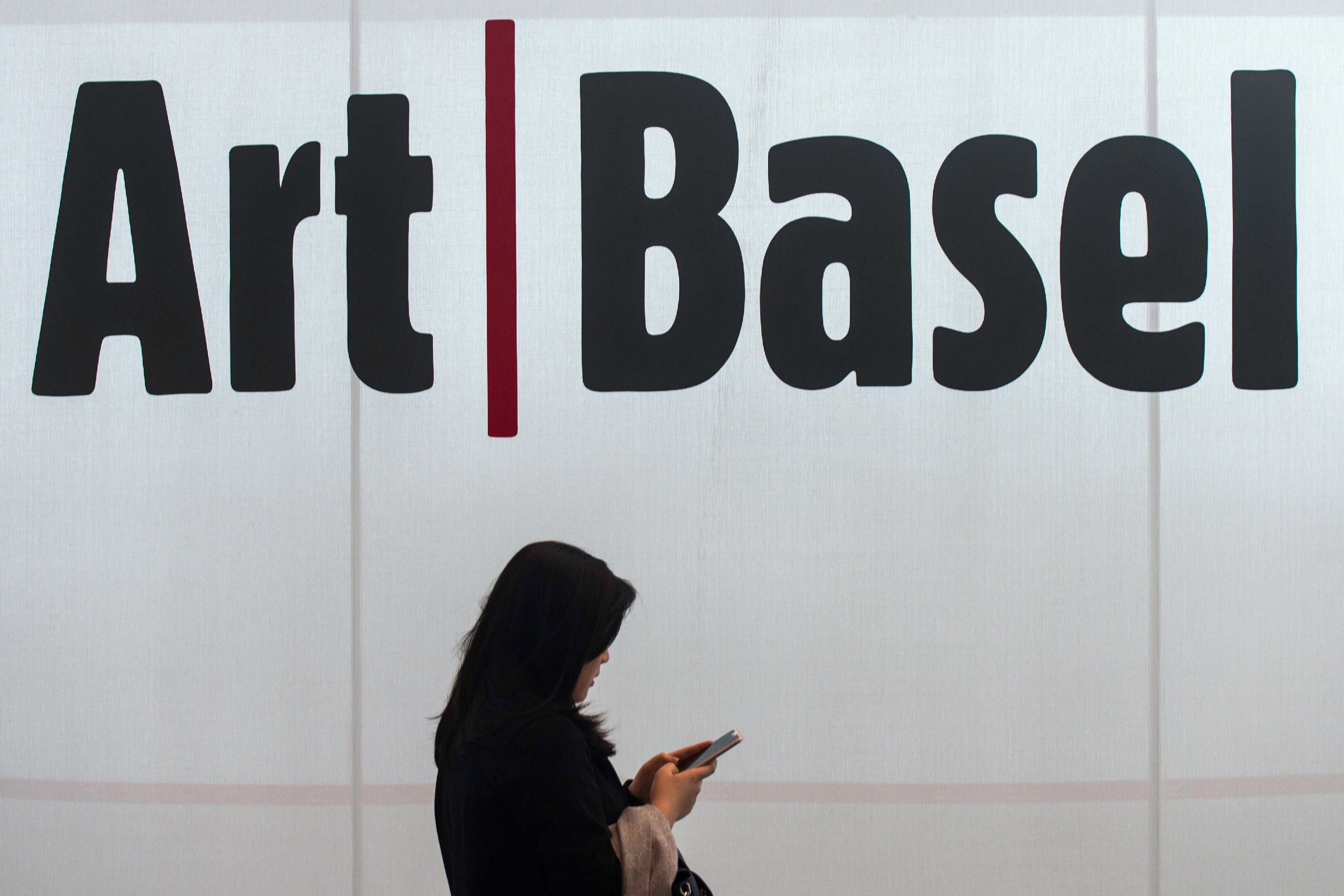
Amid continued uncertainty about how long the global pandemic will keep the world—and, by extension, the art world—on lockdown, Art Basel organizers have extended the deadline for exhibitors to determine whether they will attend the rescheduled Swiss fair. Galleries were originally asked to commit by this Friday, May 1. But in a letter sent to participating galleries today, the fair’s organizers said they would extend that deadline to June 1.
“As has become increasingly clear, that date [May 1] is too early—for us and for our galleries—to make a decision about how to proceed,” Art Basel leaders Marc Speigler, Noah Horowitz, and Adeline Ooi wrote in their letter.
The 50th anniversary edition of the event—the most important (and lucrative) fair for modern and contemporary art in the world—was originally expected to take place in June. Late last month, organizers announced plans to postpone the fair to the fall, now running from September 15 to September 20.
Today, however, Art Basel leadership openly acknowledged that they are unsure whether a large-scale event such as the Swiss fair—which last year drew 93,000 people over six days—would be permitted by the fall. Organizers wrote:
At the moment, there are simply too many open questions. When, and under what regulatory conditions, will fairs such as ours be able to take place? When will borders reopen? At what point will flights, now vastly diminished, be adequately restored? Alongside these logistical matters come fundamental health and safety concerns—from new infection rates to the availability of widespread antibody testing, let alone vaccines. Finally, when will there be
significant confidence among collectors, museum professionals, and other members of the art world when it comes to traveling and congregating?
Organizers did attempt to offer some benefits to calm dealers’ nerves. If Art Basel is forced to cancel a fair in 2020, either in Basel or Miami, it will refund any fees already paid by exhibitors. The 25 percent of booth fees that it retained after cancelling its Hong Kong show this past March (a point of concern for some dealers) will be rolled over into next year’s stand fees in Hong Kong, Basel, or Miami Beach.
The fair also pledged to produce a second online viewing room for Basel 2020, regardless of whether the physical event is held or not. (The fair conglomerate’s first viewing room, held in lieu of Art Basel Hong Kong, debuted last month to mixed reviews.) Like the Hong Kong iteration, the Art Basel viewing room will be free for exhibiting dealers.
In an effort to boost its value proposition beyond in-person events, Art Basel leaders also said they have been working to expand their viewing room offerings to serve all Art Basel galleries and will begin to include virtual events and exhibitions in the fair’s Gallery Guide app.
Lastly, in a tacit acknowledgment that gallery budgets are changing rapidly, organizers said they are studying “how we can reduce your costs across many levels once fairs start running again.”
The lockdown era has hit the event business harder than most. The letter notes that there are signs of hope: some Asian and European countries are beginning to relax health measures; galleries in Germany and Austria are beginning to reopen; and Swiss children will return to school on May 11. But the Swiss government has made no pronouncement yet about the feasibility of large-scale events.
“Given all the current uncertainties around holding fairs, we will continue trying hard to find other ways in which we can support our galleries and their artists,” Art Basel’s organizers write. “Because whatever the ‘new normal’ will be, we can only thrive again in the future by helping each other pull through this crisis together now.”